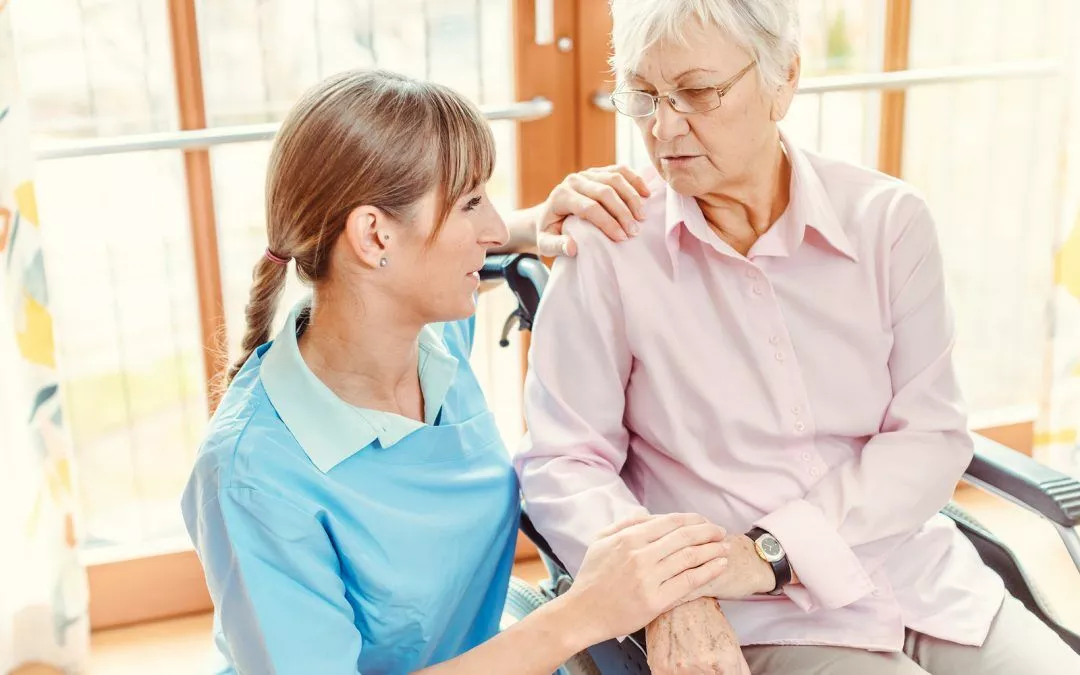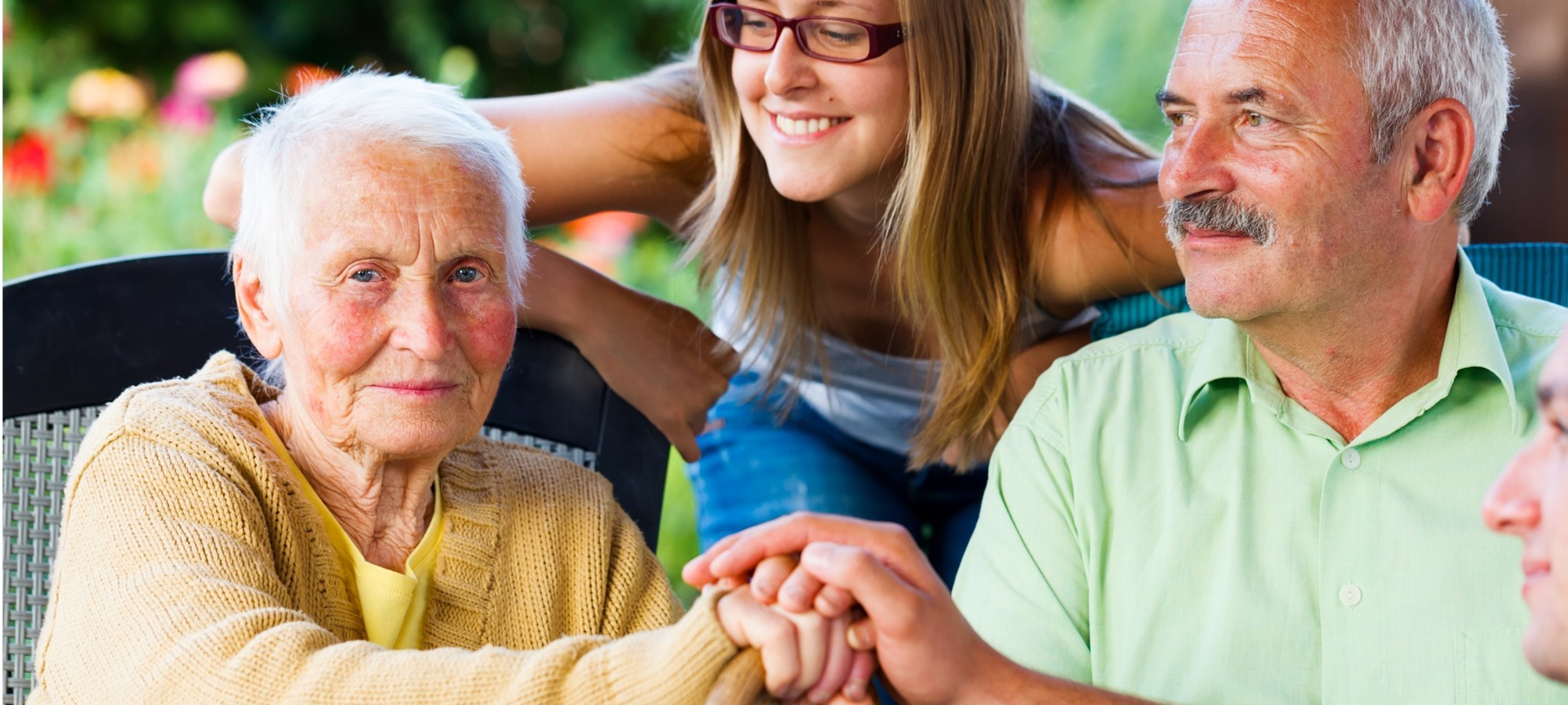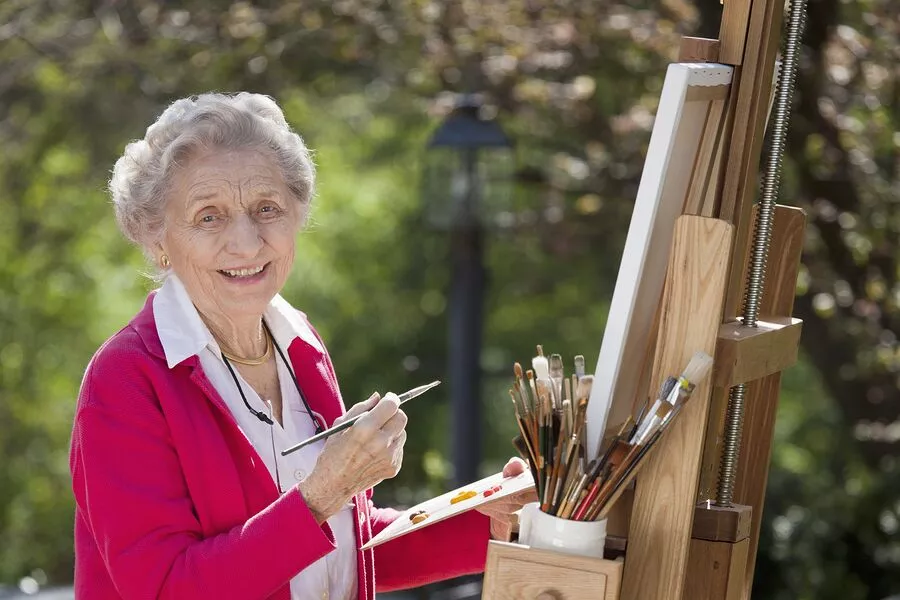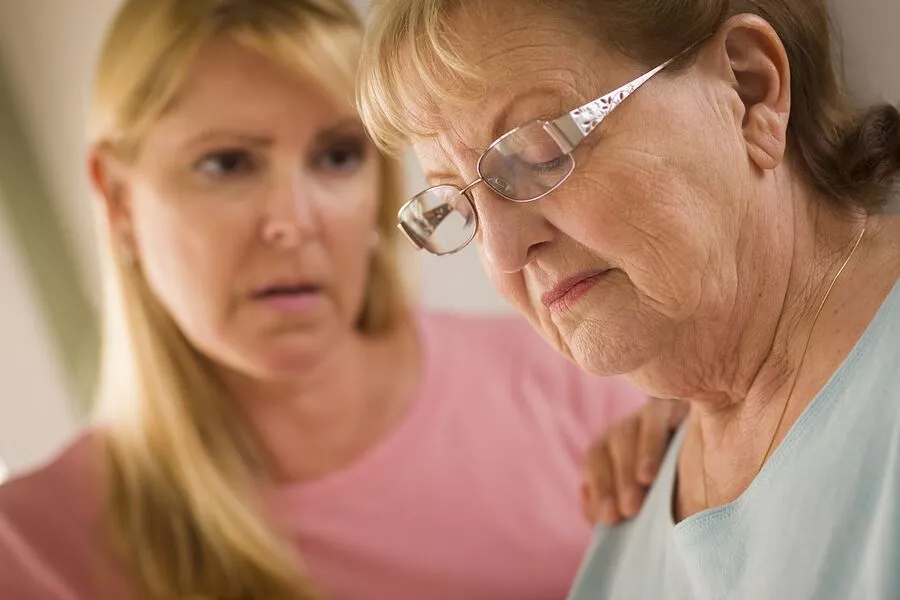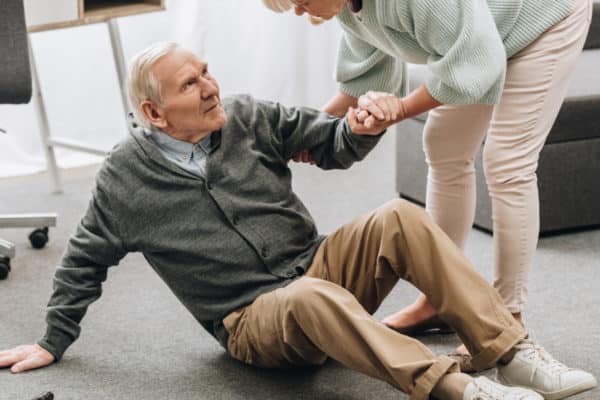Elder care is one of the most important services your family can consider when your parents are isolated. That isolation could be a preventative measure to keep your parents healthy. It could be the result of an injury or surgical procedure. If they shouldn’t be or cannot go out, caregivers can help out. Here are four services caregivers offer that helps when older adults are self-distancing or stuck at home.
Check-Ins to Make Sure They’re Okay
Caregivers can stop by to make sure your parents are okay. It’s a helpful way to ensure your parents are still okay and not infected with a virus. If they are sick, the caregiver can alert medical professionals. The caregiver can also alert you so that you know what’s going on even if you live hours away and can’t get to them.
Meal Preparation
You might not want caregivers in your parents’ home cooking full meals. It is safe, however, and one of the best ways to make sure your parents are eating well. They’ll cook meals that meet your parents’ nutritional requirements like low-sodium or sugar-free dishes. Your parents don’t go out and get takeout constantly when they should be self-distancing.
Caregivers are trained and equipped to keep your parents safe. They’ll follow rules that disinfect things coming into the home. They won’t come to work if they’ve been exposed to COVID-19 or don’t feel well. If that happens, another caregiver is assigned to help instead.
Companionship
Your parents don’t have to be stuck in their house. They can go outside for walks. If they’re not steady on their feet and need someone to walk with them, caregivers can do that. They’ll have a caregiver available for walks and supervision outside.
The fresh air and sun will help with mental and emotional health. You don’t have to worry about your parent falling outside and having no one to help.
Grocery and Prescription Pick-Up
Hire a caregiver to pick up the groceries your parents need. They can also stop at the pharmacy to get prescription refills or purchase over-the-counter medications and vitamins your parents need for allergy season, arthritis pain, or general health. Caregivers can stop at a store to get incontinence supplies, tissues, paper towels, and other household necessities.
Your parents shouldn’t be going out to stores right now. It’s not always easy to tell if someone has coronavirus. If someone does and coughs or sneezes, there’s the possibility that your parents will touch an item with the live virus and end up contracting it. You don’t want that to happen, and that’s why elder care is important.
When you are in need of care for a senior loved one, consider caregivers provided by Golden Heart Senior Care. We have offices nationwide.
